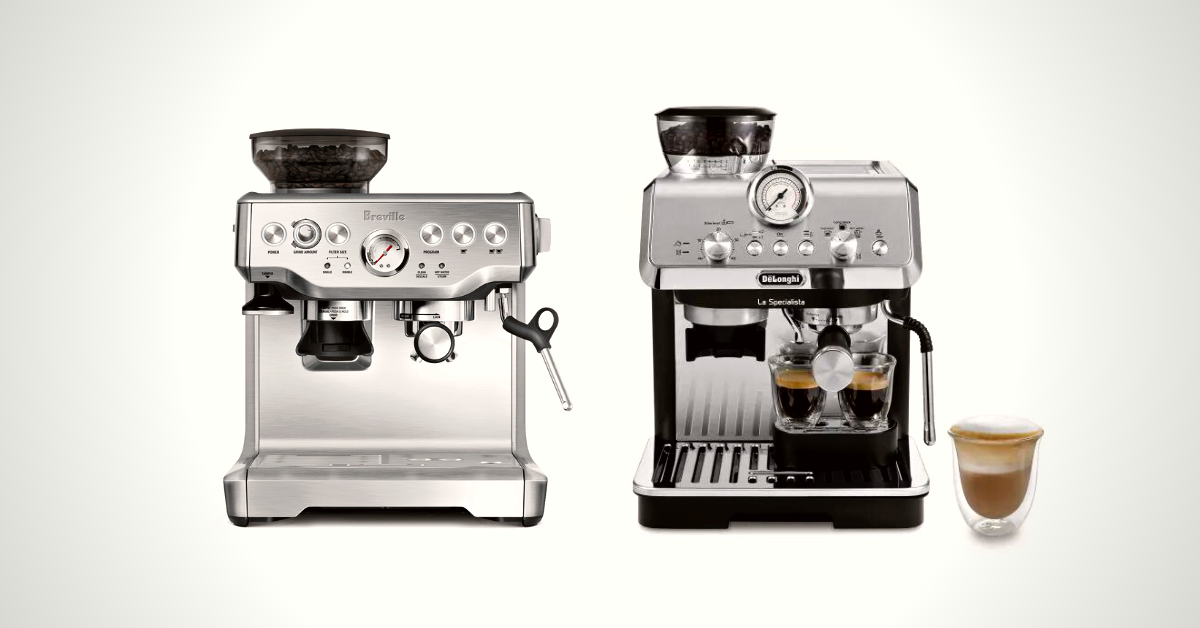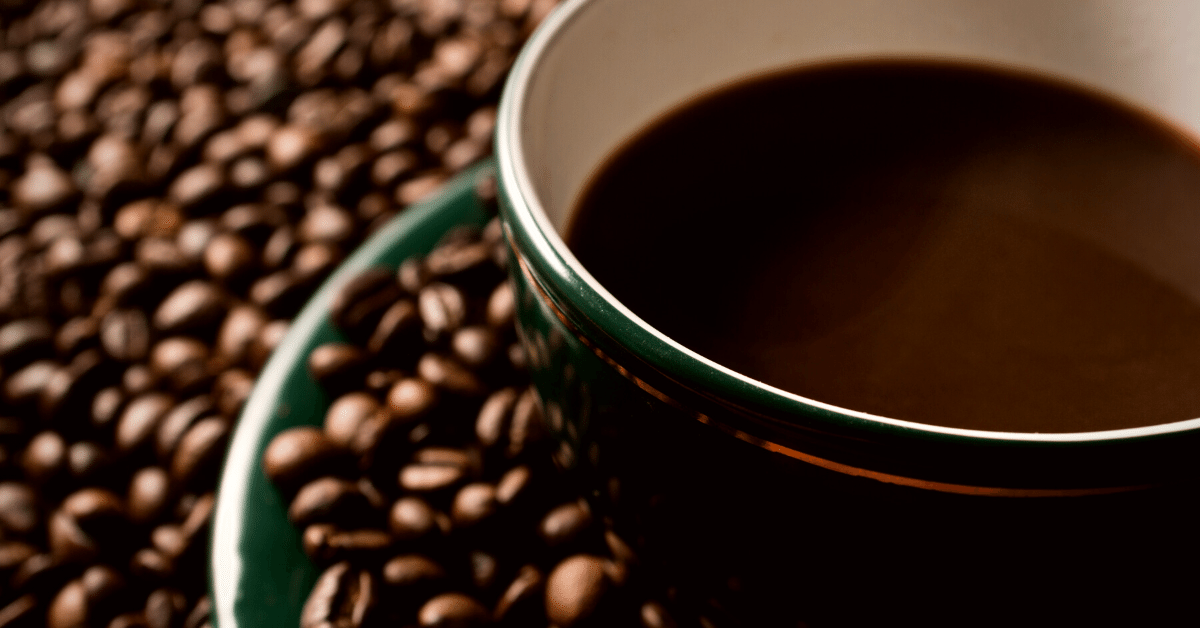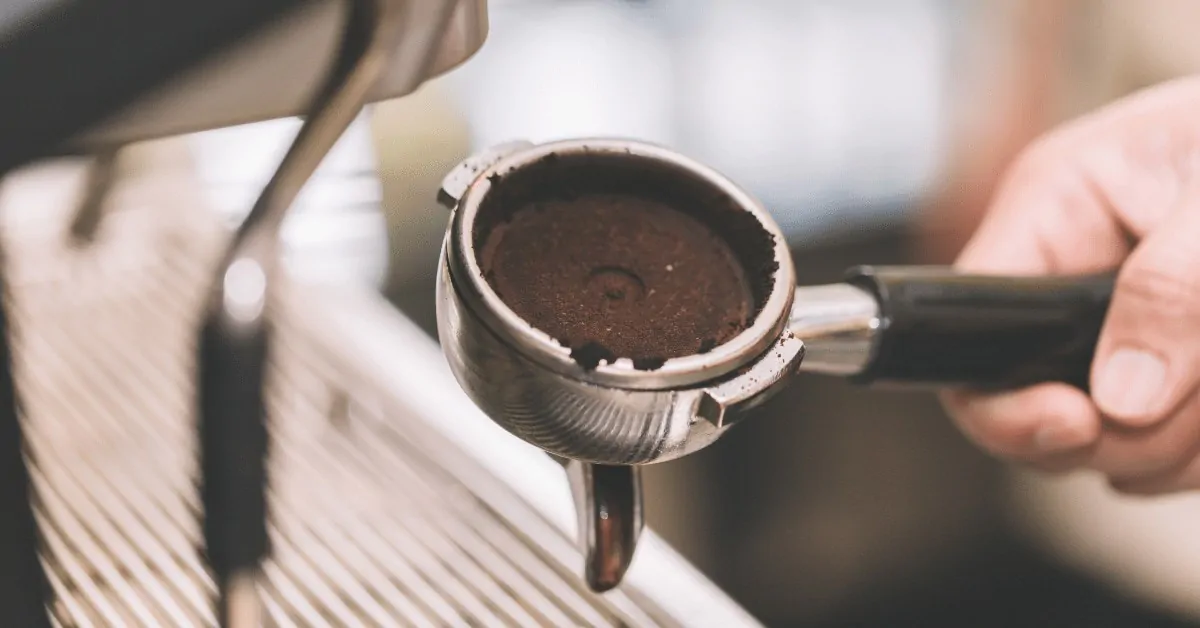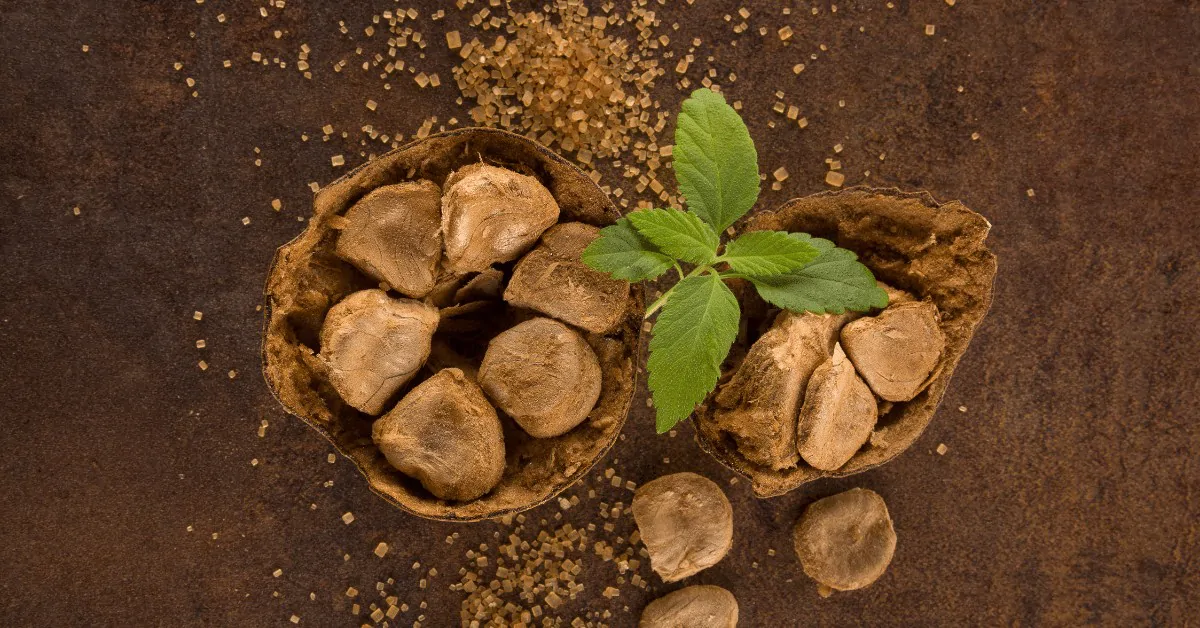As a coffee lover, I have tons of great things to say about this drink.
But it would be deceitful to say there aren’t any bad effects of coffee.
So, should you drink it or not?
You should figure it out for yourself.
Here are the most important pros and cons of coffee you should know.
Buckle up!
Pros of Drinking Coffee
It’s no surprise so many people around the world enjoy coffee. It has tons of health benefits for our bodies and mind.
Coffee is a Rich Source of Nutrients
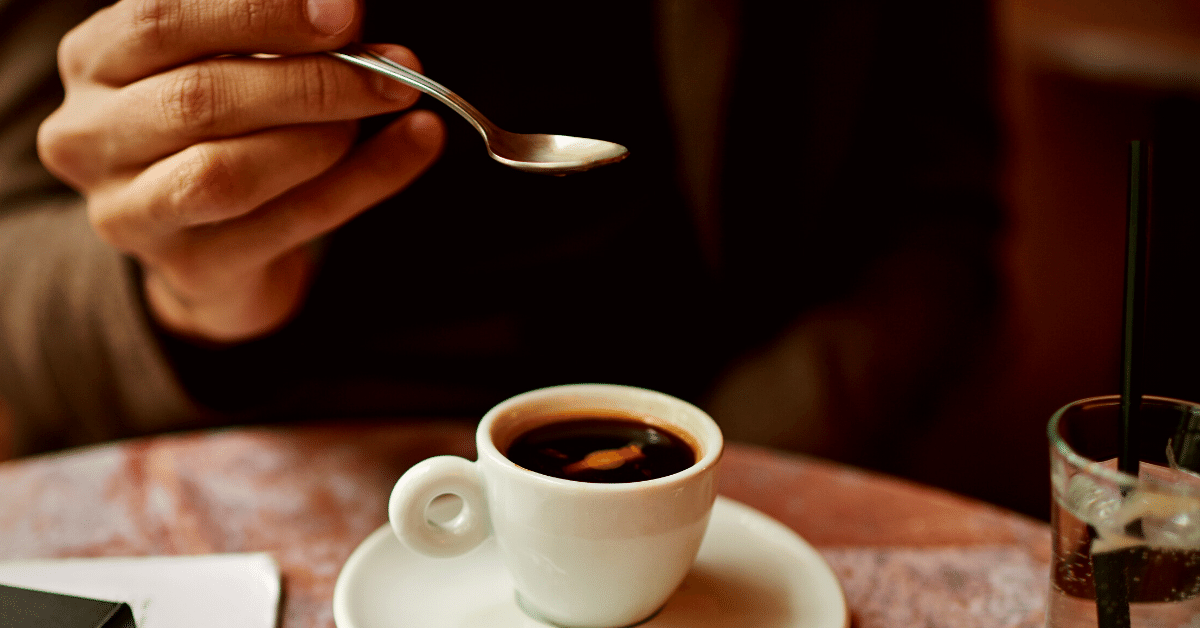
Guilty of having coffee for breakfast? I surely was on numerous occasions.
To be clear, I’m well aware that isn’t the best thing to do, as nothing can replace a hearty meal.
But you’d be glad to know that fresh coffee is actually a rich source of nutrients we should intake on a daily basis.
In fact, here’s an overview of the most important nutrients found in a standard 8-ounce mug of black coffee. The numbers in parentheses show the percentage of the required daily amount of each of those nutrients:
- Vitamin B2 (riboflavin) – (11%)
- Vitamin B5 (pantothenic acid) – (6%)
- Vitamin B1 (thiamine) – (2%)
- Vitamin B3 (niacin) – (2%)
- Folate – (1%)
- Manganese – (3%)
- Potassium – (3%)
- Phosphorus – (1%)
There are traces of other minerals as well, such as calcium, zinc, and copper. But the amount found in the coffee bean is rather negligible compared to the amount found in other things we eat and drink during the day.
And since we’re on the subject of nutrients, it’s worth noting that an 8-ounce cup of black coffee has as little as 2.4 calories. It also has no fat, carbs, or fibers and only 0.3 grams of protein per cup.
This brings me to my first point – coffee is no replacement for breakfast. But it’s a great way to add vitamins and minerals to your diet. Especially if you don’t like certain food that is high in those nutrients. You might also be wondering, is coffee bad for dogs?
Coffee is Loaded with Powerful Antioxidants
In case you don’t know, antioxidants are molecules that fight free radicals in our bodies. Free radicals are basically atoms in our body with unpaired electrons, which makes them unstable.
These free radicals can be formed through normal metabolic processes, like aging. Or, they can be a result of external sources, be it polluted air, cigarette smoking, or even x-ray exposure.
Whichever the cause, you don’t want those free radicals to remain unstable for too long. Otherwise, they can cause damage to cells, which speeds up the aging process and potentially causes diseases.
Well, by drinking coffee, you’re intaking strong antioxidants that help fight those free radicals and create balance in your body. These mainly include polyphenols and hydrocinnamic acids.
In fact, studies show that coffee is our biggest source of antioxidants. But given the fact of how much we tend to drink coffee each day, that’s actually not that surprising.
Also, coffee is a great way to energize yourself and regenerate your muscles after a hard workout!
Caffeine is a Strong Stimulant
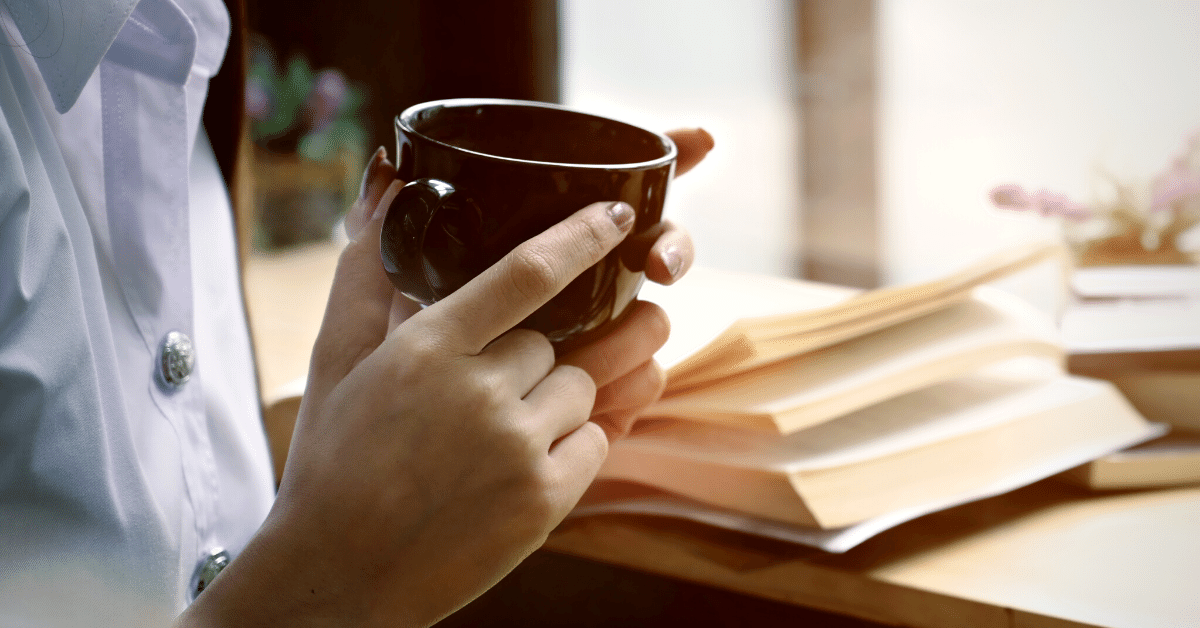
Caffeine is the most widely used psychoactive substance in the world. That’s especially true in the Western world, where at least 80% of the population consumes it in the necessary amount to have an effect on their brain.
By psychoactive substance, I mean it affects the functions of the nervous system. It does that by blocking the function of the brain hormone called adenosine. By doing that, it speeds up the activity in your brain.
It also releases other hormones, like dopamine and noradrenaline, which make you more focused.
Now, the caffeine content can be found in plants such as cacao and guarana, but coffee is its biggest source.
Depending on the coffee drink, a single cup can contain anywhere between 30 and 300 milligrams of caffeine. But on average, an 8-ounce cup of black coffee has roughly 90 milligrams.
There is such a thing as having too much caffeine. Therefore, the FDA recommends consuming no more than 400 milligrams per day for healthy adults. In the case of pregnant and breastfeeding women, that amount is halved.
Now, you should keep in mind that the effects of caffeine consumption are short-term. What’s more, you can easily build up a tolerance for it.
Coffee Lowers the Risk of Type 2 Diabetes
Type 2 diabetes is a long-term lifestyle-related condition characterized by high blood sugar.
Basically, either the pancreas isn’t producing insulin in the right amount or that insulin isn’t working as well as it used to. As a result, the body doesn’t turn all the glucose into energy, causing it to build up in your blood instead.
Type 2 diabetes is quite a common disease, affecting over 300 million people around the world – that equals the population of the US!
There’s no cure for this disease, and those who already have it won’t actually benefit from coffee drinking.
But, studies have shown that coffee drinkers may have a 23 to 67% reduced risk of developing type 2 diabetes.
Why that is so is yet to be proven, but scientists believe it’s the cafestol in it that achieves this effect. It’s believed this compound improves insulin production. What’s more, it lowers the hormone responsible for glucose levels.
Drinking Coffee Counts Toward the Daily Fluid Intake
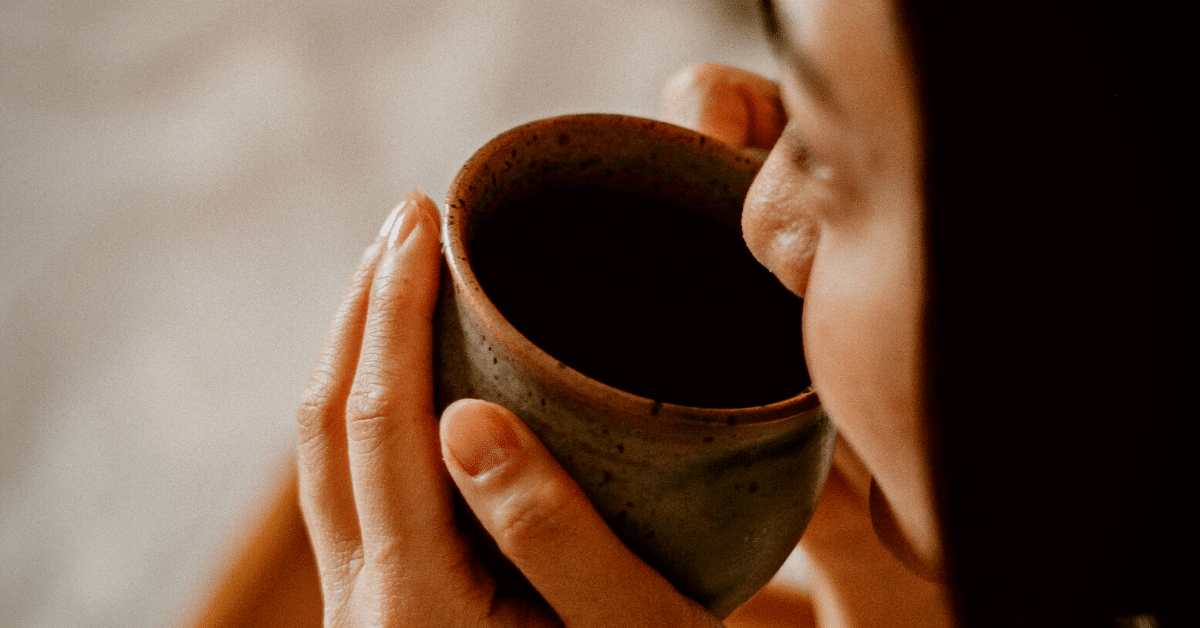
You’ve probably heard the advice to drink 8 glasses of water per day. That number is a result of simple math. Our bodies lose fluid throughout the day, whether it’s from going to the restroom or sweating. And that loss must be replenished for our bodies to function normally.
Well, those 8 glasses don’t have to be all water. We can intake that much fluid through food as well – watermelon is practically all water, right? Of course, other drinks count towards the daily intake, including coffee.
Now, you might have heard that coffee is a diuretic, meaning it makes you urinate more than you’ve drunk. And that might be true if you’re drinking several gallons of coffee. Or, if your caffeine intake is well over 500 milligrams.
But if you drink that much coffee in a day, you’ll probably experience worse side effects than visiting the restroom that often. For instance, jitters and a fast heart rate.
Most of us will stay within the safe limit of 400 milligrams of caffeine per day. And by doing that, all the coffee we drink will definitely count towards that daily fluid intake.
Coffee Makes You Go
You know what I mean – it makes you run to the bathroom as soon as you’re done sipping on it. Or in the middle of it, depending on how fast your gastrointestinal system is.
But why is that, you might ask?
Coffee causes the production of a stomach hormone named gastrin. This hormone does a lot of things inside your stomach.
First, it stimulates the stomach to produce gastric acid. This acid helps digest food inside, take all the good things and send the bad things down the drain. By this, I mean down to your intestines.
At the same time, gastrin causes contractions in the colon, which further helps the things move. As a result, you feel like you really have to go, soon.
I know, this might feel uncomfortable when you’re out. But this is actually a good effect of coffee. You want to get rid of all the bad compounds inside your body as soon as possible.
What’s also good to know is that caffeine doesn’t have a big effect on this. So even if you’re drinking decaf coffee, it will increase your bowel movement as well.
Cons of Drinking Coffee
Of course, it’s not all nice and dandy when it comes to drinking coffee.
There are some negative aspects as well, although not every coffee drinker will experience them, and not on the same level. They’re quite individual and depend on the amount of coffee you usually drink.
Caffeine Affects Sleep Patterns
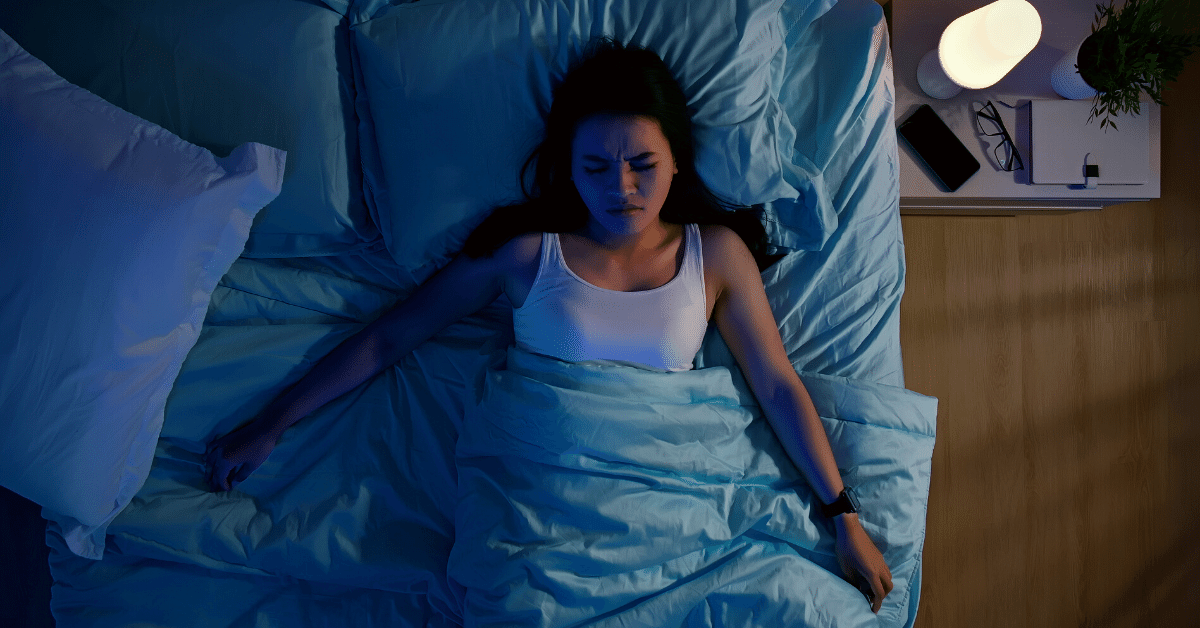
Since caffeine is a stimulant, coffee consumption can make it hard to fall asleep. I mean, your brain is alert and focused, going 100 miles an hour, and suddenly it’s expected of it to just shut down and go to sleep? It doesn’t work that way.
Remember how I said that caffeine blocks the production of the hormone named adenosine? Well, this hormone is responsible for the feeling of tiredness.
Naturally, we wake up with a very low amount of this hormone – if we get a good night’s rest. Then, throughout the day, the levels of adenosine slowly increase, causing us to start feeling tired.
But when you drink caffeine, this doesn’t happen the same way.
Our bodies are slow at processing caffeine. It can take about 6 hours before it leaves our systems. For that reason, it’s not recommended to drink coffee 6 hours before going to bed.
Of course, you can always switch to decaf later in the day to avoid these issues.
Coffee Can Cause Digestive Issues
I stand by everything I said about coffee being good for your bowel movement. Generally, that’s a good thing, as you want to get rid of all the bad stuff in the food you ate.
But for some people, this bowel stimulation has a negative effect. The production of gastrin can irritate the gut and cause diarrhea. That’s especially true for people dealing with irritable bowel syndrome.
Furthermore, coffee acids, such as chlorogenic acid, increase the production of stomach acid. This causes heartburn.
Another compound that can irritate the gut is caffeine. Caffeine can cause the muscle connecting your stomach and esophagus to relax. When that happens, a free passage for stomach acid to go up your esophagus is created.
This as well causes heartburn.
Caffeine is Addictive
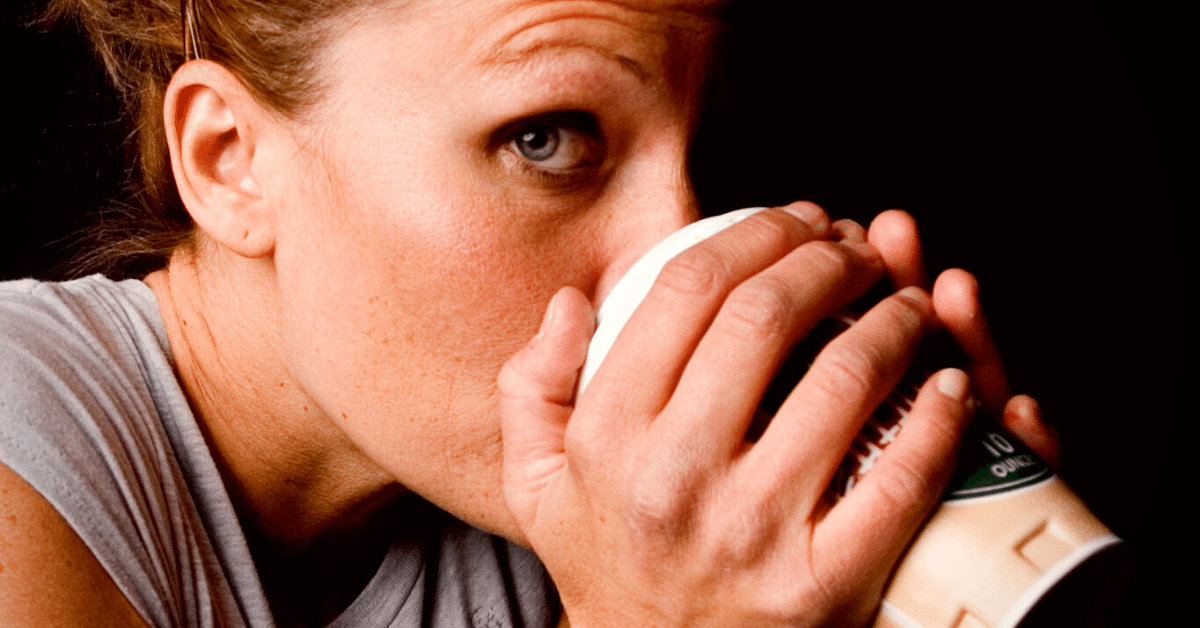
Given it’s a psychoactive substance, caffeine causes mild physical dependence. And when consumed on a regular basis, people develop a tolerance. This means it stops being as effective as it used to be, so a larger dose is needed to get the same effects.
Addiction also means that when you try quitting coffee cold turkey, you’ll experience caffeine withdrawal symptoms. Some of the most common ones include headaches, tiredness, and difficulty concentrating.
But you might also experience some more unusual withdrawal signs, such as nausea, muscle pain, and stiffness – kind of like the fly. These symptoms can last for a couple of days.
If you still want to enjoy your coffee ritual, try decaffeinated coffee instead of regular coffee. You will be surprised how similar they taste!
Caffeine Causes High Blood Pressure
After drinking too much coffee, you might experience a dramatic increase in blood pressure. While that might not be a problem for those with low blood pressure, it’s not great for those with high blood pressure.
Now, it’s not entirely clear why this happens.
Some scientists believe that caffeine blocks the production of hormones that keep the blood vessels wide. Others believe the reason for the high blood pressure is the increased production of adrenaline.
Whichever it is, it’s nonetheless dangerous for people with high blood pressure and heart disease. If you’re one of them, it’s best to limit your caffeine intake.
Coffee Reduces Iron Absorption

Chlorogenic acid, found in high amounts in coffee, is believed to reduce the absorption of iron from meals.
We’re talking big numbers here. According to one study, drinking a cup of coffee with a burger reduced iron absorption by as much as 39%.
Caffeine is another substance found in coffee that reduces iron absorption. And the stronger the coffee, the more it’s reduced. In this case, the numbers aren’t near as high as with chlorogenic acids, but they add up.
Now, this isn’t that big of a problem for healthy people with no risk of iron deficiency. By consuming high-iron food, you can easily overcome iron inhibition from drinking coffee.
But those at risk of iron deficiency should limit their coffee intake. Furthermore, they should have at least an hour of a break between drinking a cup of coffee and having a meal.
So who’s at risk, you might ask?
- Children
- People with restrictive diets (like vegetarians)
- Women of childbearing age
- People with certain health conditions, such as gastrointestinal issues
Coffee Causes Tooth Decay
The acidity in coffee is harsh on your tooth enamel. Therefore, consuming too much coffee on a regular basis increases the chance of cavities. And as your enamel thins out, it causes tooth sensitivity.
That’s why it’s not recommended to brush your teeth right after you have coffee.
Though why you opt to do it is certainly understandable. Coffee has a strong taste and aroma. Naturally, the scent can linger inside your mouth, causing bad breath.

Furthermore, coffee lowers the production of saliva. In such an environment, with additional acidity from coffee, bacteria can easily grow. That’s another factor that causes smelly breath.
Finally, let’s not forget that acidity also turns your teeth yellow, which is not exactly appealing.
To Sum Things Up
As you can see, consuming coffee has its good and bad sides. While it can be beneficial to your health, it can also negatively affect it in other aspects. Furthermore, it can affect your physical health in both good and bad ways.
Does that mean you shouldn’t consume coffee?
No. As long as you don’t have serious health conditions that counteract the effects of coffee, you’ll be fine. Just remember – balance in all things, including drinking coffee.
Want to drink coffee in a healthier way? Here are some sugar alternatives that you can use in your cup of joe.


